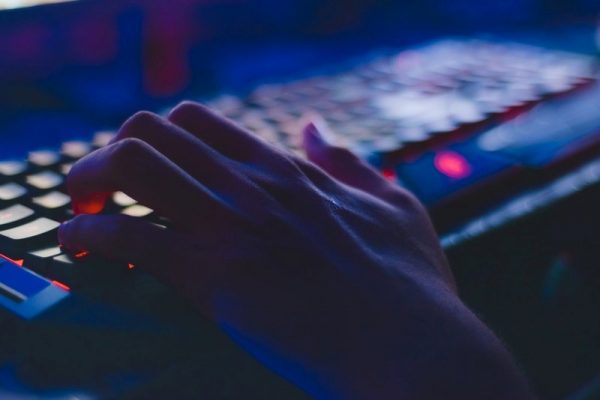The Committee to Protect Journalists (CPJ) has expressed grave concerns regarding the continued misuse of Nigeria’s amended Cybercrimes Act to suppress journalistic activities. Despite revisions implemented in February 2024, following extensive advocacy by media rights organizations and journalists, the law remains a tool for intimidating and detaining members of the press. The CPJ’s annual prison census, released in December 2024, revealed that four journalists are currently imprisoned in Nigeria under this legislation, highlighting the ongoing threat to press freedom in the country. This situation underscores the inadequacy of the amendments in safeguarding journalists from unjust prosecution and persecution.
The core issue lies in the Act’s vague and overly broad provisions, which allow for its manipulation to target journalists critical of the government or those reporting on sensitive issues. Originally intended to combat cybercrime, the law has become a convenient instrument for stifling dissent and suppressing investigative journalism. The CPJ’s report details how the Act is employed to summon, detain, and harass journalists, creating an environment of fear and self-censorship within the media landscape. This chilling effect on press freedom not only undermines the ability of journalists to hold power accountable but also deprives the public of access to vital information.
The CPJ’s findings reveal a disturbing trend of governments utilizing cybercrime legislation as a pretext to curtail press freedom. Nigeria is not alone in this practice. The report identifies Bangladesh, Jordan, Nicaragua, and Pakistan as countries where similar tactics are employed to silence critical voices in the media. This pattern underscores the growing global concern regarding the misuse of such laws, which, under the guise of protecting national security or combating online crime, effectively criminalize legitimate journalistic activities. The CPJ’s meticulous data collection methodology ensures accurate reporting, with imprisoned journalists remaining on their list until their release is confirmed or their death in custody is reported. This rigorous approach emphasizes the organization’s commitment to documenting and highlighting cases of press freedom violations worldwide.
The continued imprisonment of journalists in Nigeria despite the amendments to the Cybercrimes Act exposes the superficial nature of the reforms. While the revisions may have addressed some of the previously criticized provisions, they clearly failed to adequately protect journalists from being unjustly targeted. This suggests a lack of genuine commitment from the Nigerian government to uphold press freedom and address the concerns raised by media rights organizations. The CPJ’s report serves as a stark reminder of the ongoing struggle for press freedom in Nigeria and the need for more robust legal safeguards for journalists.
The CPJ’s call for the repeal or substantial reform of laws that pose risks to press freedom is a crucial step towards ensuring a safe and enabling environment for journalists. It is imperative that governments prioritize the protection of journalists and recognize the essential role of a free press in a democratic society. Legislations that criminalize legitimate journalistic activities, such as investigating corruption or holding powerful figures accountable, must be amended or repealed. New legislation should be carefully drafted to avoid provisions that could be misused to stifle investigative reporting or silence critical voices.
The CPJ’s report underscores the urgent need for international pressure on governments that employ cybercrime laws to suppress journalistic activities. The international community must hold these governments accountable for their actions and demand that they respect the fundamental right to freedom of expression. Continued advocacy and monitoring by organizations like the CPJ are essential to protect journalists and ensure that they can carry out their vital work without fear of reprisal. The fight for press freedom is a global one, and it requires concerted efforts from governments, civil society organizations, and individuals to protect those who bring us the news and hold power accountable.


